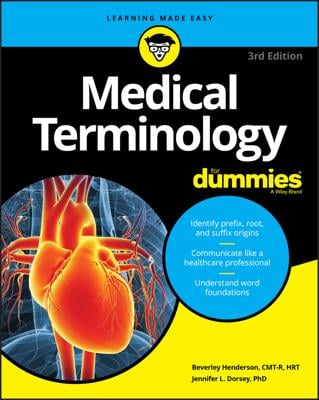Your body is made up of many systems, each having their own vital parts that work together. This list represents your bodily systems and the specific parts that comprise them:
Skeletal: Bones, axial skeleton, appendicular skeleton, and joints
Muscular: Muscles and tendons
Integumentary: Skin, hair, nails, and glands in skin
Sensory: Eyes, ears, nose, skin receptors, and mouth
Cardiovascular: Heart, blood vessels, and blood
Lymphatic: Tonsils, spleen, thymus, lymph nodes, lymphatic vessels, and lymph fluid
Respiratory: Nose, pharynx, larynx, trachea, bronchi, and lungs
Gastrointestinal: Mouth, esophagus, stomach, small and large intestines, pancreas, liver, and gallbladder
Endocrine: Hormones, pituitary gland, thyroid, adrenal glands, pancreas, and gonads
Nervous: Brain, spinal cord, ganglia, nerves, and sensory organs
Urinary: Kidneys, ureters, bladder, and urethra
Reproductive: Ovaries, uterine tubes, uterus, and vagina in females; testes, ducts, penis, urethra, and prostate in males

